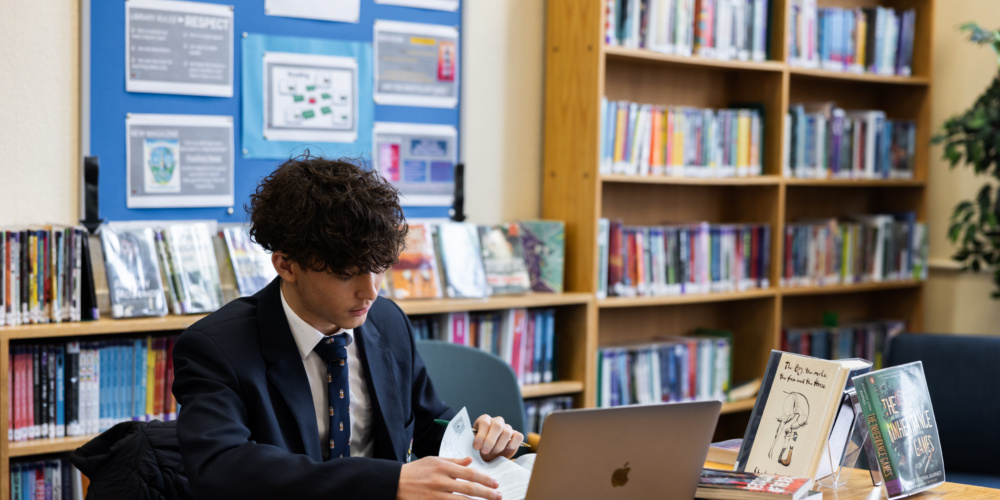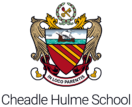English – A Level Exam Information
A Level English Language
Course Content
We will study various linguistic frameworks (such as grammatical, graphological and semantic) and learn how to apply these to a very wide range of texts, both provided by the teacher and, for Coursework, chosen and researched by the individual student. This understanding will be used to inform and give rigour to the ways in which students themselves use language, both in class discussions and in the production of their own writing, creative and analytical.
Course Structure
The aim of the English Language course is to develop students’ interest in and enjoyment of English, through learning about its structures, functions, development and variations, and their ability to apply linguistic frameworks to a wide variety of texts, to investigate and research language use, and to express themselves with increasing confidence, accuracy and sophistication. We prepare students for two examinations at the end of the course: one worth 40% on Language, the Individual and Society, involving close analysis and comparison of texts and an essay exploring how young children’s knowledge of language develops; the other, also worth 40%, exploring Language Diversity and Change. The remaining 20% of assessment is comprised of Coursework, with one piece of creative writing plus analytical commentary, and a piece of Language Investigation research.
Reading and Resources
The Department and the Library have a wide selection of books on linguistics and related subjects, many of them written by the most prolific and accessible of experts in this field, David Crystal, any of whose works can be recommended for independent wider reading.
Exam Board: AQA

A Level English Literature
Course Content
We explore together the chosen set texts plus other unseen materials and develop students’ skills at being able to analyse and compare texts and write cogently argued and effective literary essays. Many lessons will revolve around oral discussions sharing and arguing the class’s ideas and feelings in response to these texts.
Course Structure
The aim of the course is to develop students’ interest in and enjoyment of English Literature, through reading widely, critically and independently and thus to gain a wider sense of the scope of literary study. We prepare students in four components: drama (assessed in one examination worth 30%), including one play by Shakespeare plus one by another playwright drawn from those selected by the Exam Board; prose (in one exam worth 20%) comparing two prose texts linked by a chosen theme; poetry (in one exam worth 30%), including contemporary texts studied from the set collection Poems of the Decade: An Anthology of the Forward Books of Poetry 2002-2011 and the work of a prescribed individual poet or poetic movement; and Coursework (worth the remaining 20%), which offers students a free choice to compare in a single 3000-word essay two texts not otherwise studied in the course.
Entry Requirements
Ideally students will have achieved at least a grade 7 at GCSE.
Reading and Resources
At the end of Year 11, and again at the end of Year 12, we issue recommended wider reading lists to help guide students’ extension of their reading experience beyond just the set texts. The Department and Library have a wide range of critical and biographical texts to help support students’ independent study of works both set for examinations and possible choices for Coursework.
Exam Board: Edexcel



